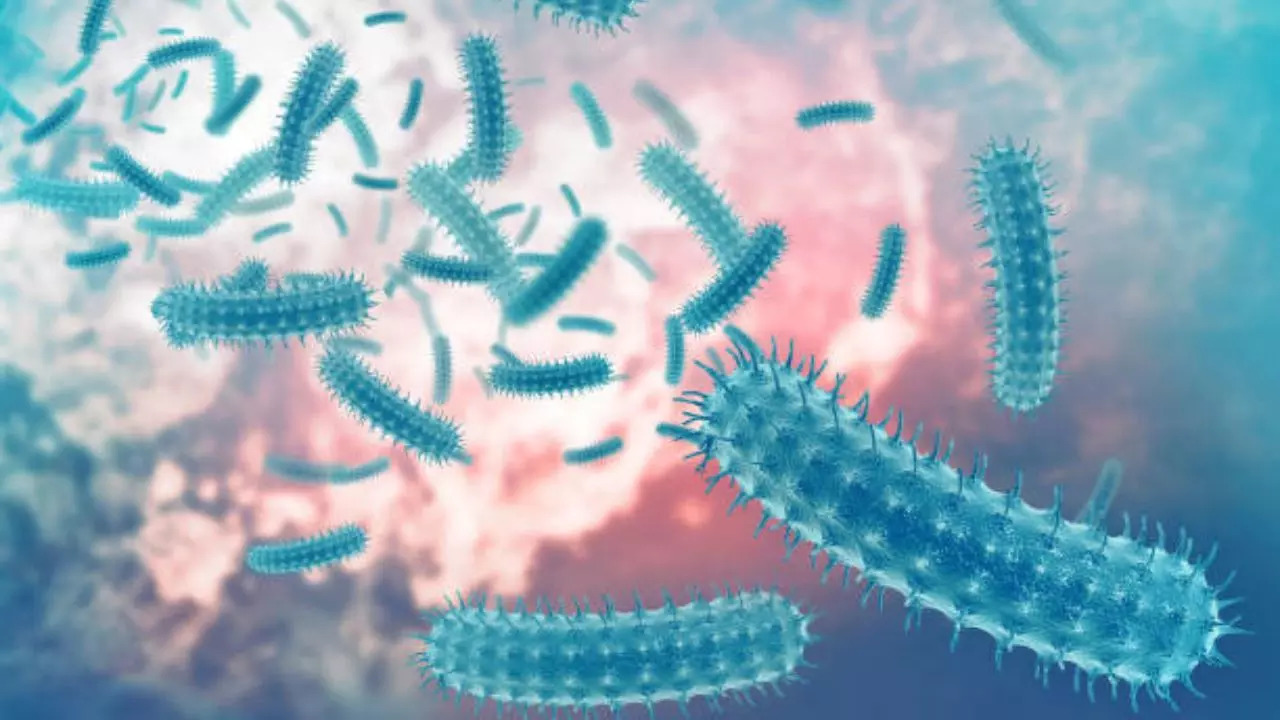Doctors say more than 90% of people exposed to legionella bacteria usually do not develop symptoms.
Three people have died and dozens more have fallen ill from Legionnaires’ disease in an outbreak in Milan, Italy’s fashion capital. Italian health authorities say they are working at full speed to find the source of the infection, which they say could be in the city’s water supply.
According to experts, more than 90 percent of people exposed to legionella bacteria – which is also found mainly in swimming pools and air conditioning – usually do not cause symptoms. However, 15 to 20 percent of those who do develop symptoms can become seriously ill, resulting in fatal pneumonia.
The latest figures from the European Centre for Disease Prevention and Control (ECDC) indicate that more than 50 cases of the infection have been recorded in the Lombardy region. Authorities say the outbreak began in April, when the first case started showing symptoms.
Although most cases of infection are in people aged between 22 and 28, doctors say most of those infected have an underlying condition that puts them at higher risk of contracting the potentially fatal disease. Around 12 of the 49 confirmed cases remain hospitalised, while three have died, the ECDC says.
The most common form of transmission is inhalation of spray, mist or aerosol of infected water from contaminated water sources, according to the World Health Organization.
Authorities inspect water supply
Authorities say they have begun inspecting the city’s cooling towers and water distribution system to find the exact source of the infection. In addition, the water plant is being treated with chlorine to prevent further spread.
Experts say Legionella bacteria are found in showers and taps that have not been used for some time, so it is important to always clean and flush taps before using them. According to National Health Service statistics, around 300 Britons contract Legionnaires’ disease each year due to the illness.
What is Legionnaires’ disease?
Legionnaires’ disease is a type of serious lung infection that can be contracted by inhaling Legionella bacteria, which also affect the brain and the gastrointestinal tract. According to experts, Legionella It also causes Pontiac fever, a less serious illness with flu-like symptoms.
Doctors say most people diagnosed with Legionnaires’ disease have fever and cough, but they may also have other lung symptoms such as diarrhea and confusion.
Who is most at risk?
According to the Cleveland Clinic, most people do not get Legionnaires’ disease, even if they have been in contact with the bacteria. However, some people may be more vulnerable if they:
- They are over 50 years old
- Smoke
- Having a weakened immune system
- You have a chronic respiratory disease such as COPD or asthma.
- I have been in a hospital recently
- I recently had surgery that required anesthesia.
- I recently received an organ transplant.
Signs and symptoms of Legionnaires’ disease
Doctors say Legionnaires’ disease causes pneumonia-like symptoms that begin two to 14 days after exposure to the bacteria. Some of these symptoms include:
- High fever
- Dry and persistent cough
- Shortness of breath
- Diarrhea
- Muscle pain
- Headache
- Nausea
- Confusion
- Coughing up blood
- Stomachache
Disclaimer:
The information contained in this post is for general information purposes only. We make no representations or warranties of any kind, express or implied, about the completeness, accuracy, reliability, suitability or availability with respect to the website or the information, products, services, or related graphics contained on the post for any purpose.
We respect the intellectual property rights of content creators. If you are the owner of any material featured on our website and have concerns about its use, please contact us. We are committed to addressing any copyright issues promptly and will remove any material within 2 days of receiving a request from the rightful owner.

